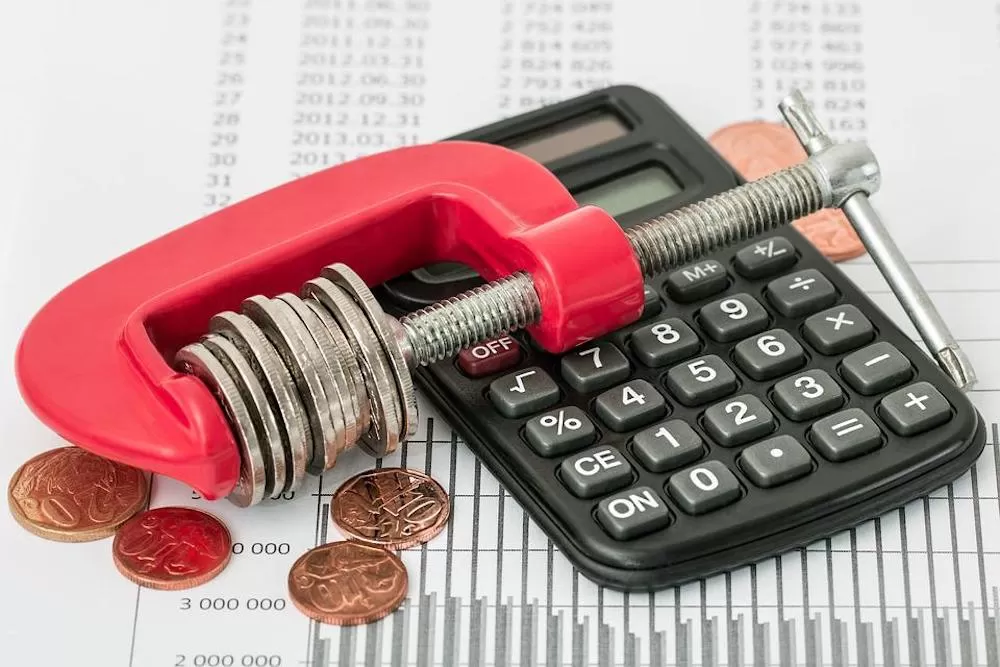Selling your
property in Germany is no joke. There's a lot you need to do, from preparing all the required documents to meeting up with the buyer and negotiating a final price. Then, once all of that is done, you'll also need to pay the capital gains tax. Whether you're a resident or not, as long as you sold real estate in Germany, you will need to pay this tax. It's one of the most important legal requirements of the process. And here's what you ought to know about it.
What is Germany's Capital Gains Tax All About?
In
Germany's tax system, the capital gains tax is for when you earn profit from selling any asset you own in the country. Of course, this includes your real estate in Germany. But to be more specific, the capital gains tax is imposed on the difference between how much you earned from selling your property to how much you spent when you acquire it in the first place. And it's an important part of the process too. You can get into legal trouble if you don't pay it within a set period of time.
What is The Rate Here?
Here in Germany, the tax rate for your capital gains tax is 25%. It doesn't change no matter how much you earned from selling your property in the country. However, the rate itself may change depending on the real estate market in Germany. Only if you are exempt will you be free from paying the capital gains tax altogether. But for the most part, the rate is fixed at a flat 25%. And it's the same for other capital as well, such as dividends, interests, and even sales of shares in a company.
How Can You Be Exempt from This Tax?
Speaking of being exempt from paying the capital gains tax in Germany, what are the condition/s set for this? Only one: if you used the real estate as your main residence in the country. Let's say, for instance, that you
moved to Frankfurt and you bought a place here. If the property served as your home, then when you eventually sell it, you won't have to pay the capital gains tax. And this applies even when you earned a lot of money too!
What are The Other Property Taxes in Germany?
Whether you're a buyer or a seller, there are other property taxes in Germany that you need to watch out for. Among the most important ones is the property transfer tax (
Grunderwerbssteue), which is paid by the buyer. Usually amounting to 3.5% to 6.5% of the final property price, it's among the most important costs in the process. Do note that the rate of the property tax you have to pay depends on the location of the real estate in Germany. In Hamburg, for example, the tax rate is 4.5%. While in Berling, it's 6%.
A very important part of selling your property in Germany is to pay your capital gains tax. Learn a little more about it so that you'll be ready when the time comes. If you're not, you can easily get into a whole lot of trouble!


